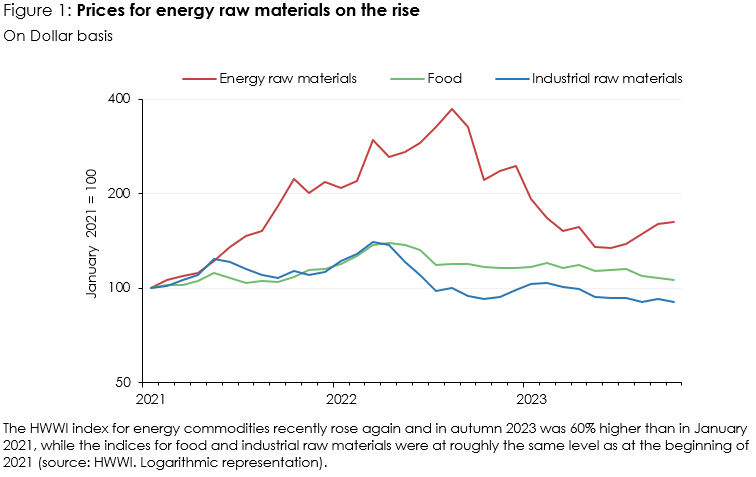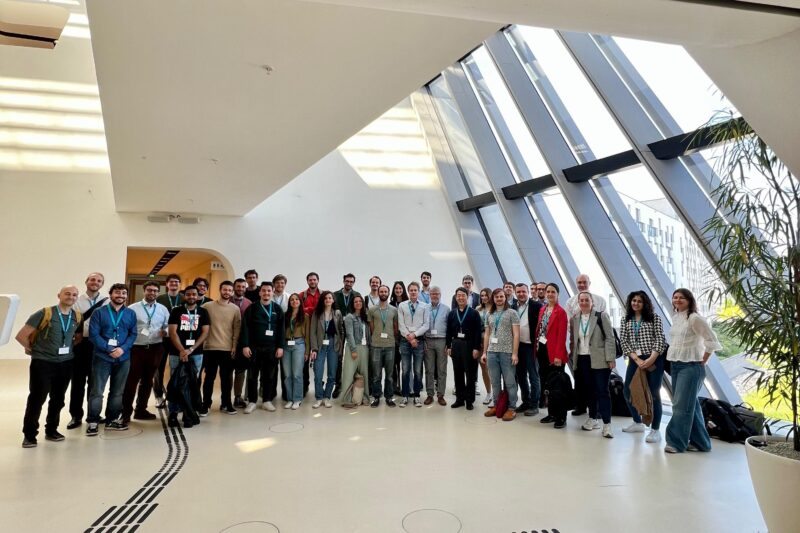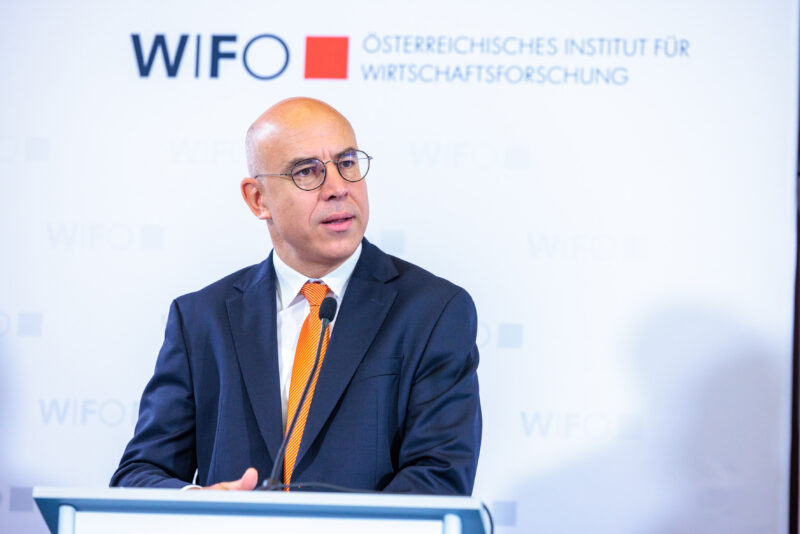
Austria's Economy in Recession – Inflation Declines
"Global market prices for energy commodities are significantly lower than a year ago. However, they have recently risen again and are still considerably higher than in January 2021 before the start of the energy crisis in Europe", says Stefan Ederer, author of the latest business cycle report.
Global industrial activity remains weak and is slowing down global trade in goods. Nevertheless, economic activity in the USA grew strongly in the third quarter, supported by lively consumer demand, partly financed by savings. China's GDP also expanded significantly in the third quarter, whereas it stagnated in the euro area.
Prices for energy commodities have recently risen again. In particular, the price of natural gas in Europe (TTF) rose in October and was around twice as high as in summer 2023. However, energy prices are still well below the previous year's levels.
In Austria, total economic output fell by 0.6 percent in the third quarter compared to the previous quarter and was therefore 1.2 percent lower than in the previous year. The decline in demand was mainly due to private consumption expenditure, which contracted by 1 percent compared to the previous quarter. Value added in manufacturing fell for the third consecutive quarter, and there was a further sharp decline in construction.
According to the WIFO-Konjunkturtest (business cycle survey) from October, the majority of companies remain pessimistic about the economy. Sentiment in manufacturing continued to deteriorate. In construction and the services sector, however, the downturn slowed; the current economic situation and future developments were recently assessed as slightly better than in previous months.
Consumer price inflation (according to the CPI) fell to 5.4 percent in October according to Statistics Austria's flash estimate. The increase in the Harmonised Index of Consumer Prices (HICP) was slightly weaker at 4.9 percent, but stronger than the euro area average (+2.9 percent). Compared to the previous year, residential rents, natural gas and district heating, among other things, drove up prices in September. This was offset by price declines for electricity, heating oil and fuels. The largest price increases were recorded in the areas of restaurants and hotels, food and non-alcoholic beverages as well as recreation and culture.
The economic downturn is affecting the labour market. Although the number of persons in dependent active employment increased in October compared to the previous year, the number of unemployed and persons in AMS training also rose noticeably. The unemployment rate was 6.3 percent in October according to the national definition. Seasonally adjusted, it has remained constant in recent months. According to Eurostat's calculation method, the unemployment rate was 5.5 percent in September.

Publications
Please contact
















